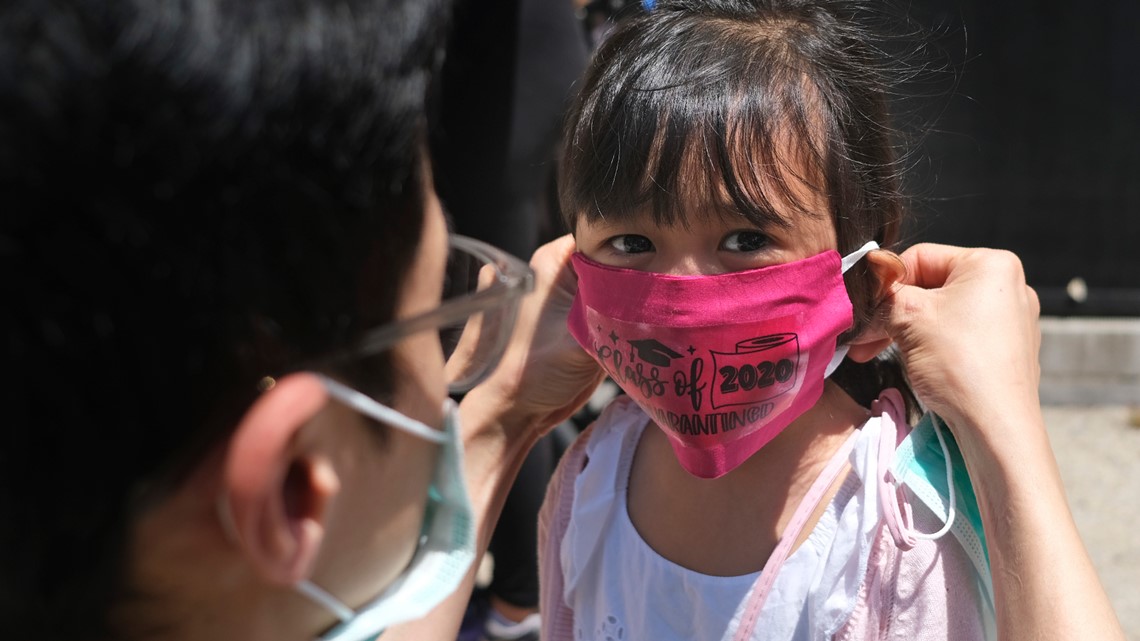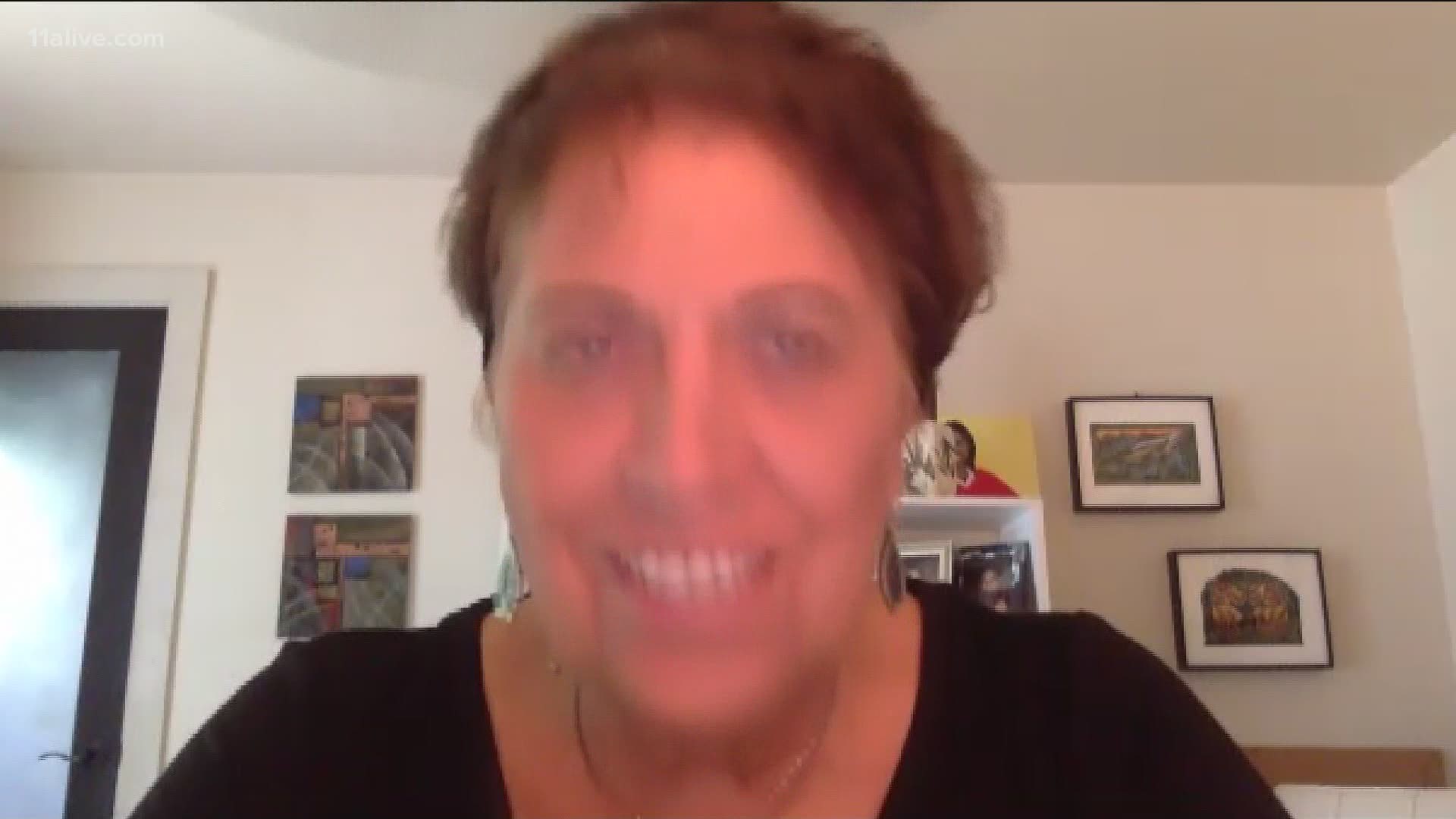ATLANTA — Families are having a lot of hard conversations right now, but when you're trying to explain everything from a worldwide pandemic, to racism, to social injustice, it can be hard to know where to start.
With so much going on in the world right now, it's heavy and it’s a lot to digest - so when it's difficult even for an adult to wrap their mind around the complexities of what's going on how do you begin to breach this with a child?
Dr. Sandra Maass-Robinson, an Atlanta specialist in adolescent and young adult psychiatry, said it's partly about knowing your audience.
"You’ve got really two different significant age groups with a very different focus," she said, referring to younger children and older kids and teenagers. "As I tell my patients, I'm a physician not a magician. I don’t have answers - no one does."
There's not just one right answer for parents. Maass-Robsinon said for younger kids, it's about providing them a sense of stability, and helping them feel like you'll make sure things will be okay.
“Younger kids there is the need to just be reassuring, focused on the today and for them to be safe," she said. "They are more focused on the here and now, their friends, what's going on, safety, reassurance. Just that everything's okay. Mom and dad are anxious, and that gets picked up on by them. That’s an area you got to pay attention to.”
Some of the things that can help them stay grounded, Maass-Robinson said, include seeing their friends, family activities and access to games and videos they're familiar with and enjoy.


With older kids and teenagers, you have to be honest with them about how events might impact them without letting them slip into thinking the world is ending.
"They're like adults, they're thinking about the future, and that is a whole different ballgame that you have to address with them," Maass-Robinson said. "What does this mean for them? Speaking with teenagers you're going to have a different conversation about what does this mean about the future - am I going to get to play my sports? What about college? And you have to keep them, like yourself, in the here and now."
One thing that helps is filtering the news - which can be overwhelming - for them.
"I have to tell people to turn off the news. I have to say there's nothing on the TV that a child or adolescent needs to know, there really isn’t. The news, whatever it is, really should be filtered through the parents," Maass-Robinson said.
An important factor is making sure you aren't overly anxious, but being honest about some of your anxieties and putting them in a healthy perspective for your child.
"Pick and choose how much and what you need to know based upon how you're going to react to it, and anything that is going to heighten your anxiety and exacerbate your worries - what's the point?" she said. “Always I think lead from a place from yourself first, so that you're identifying issues that then the child can relate to. I didn’t sleep well last night, I was worried about things, do you ever get worried? Parents need to be completely honest with their kids. 'Mommy when is this gonna end?' I'd hope you'll be honest and say we don’t know. We do know right now were doing okay.”
The only wrong response is not to talk about it at all.
“Absolutely, there's less anxiety if you can talk about it," Maass-Robinson said.
MORE HEADLINES

